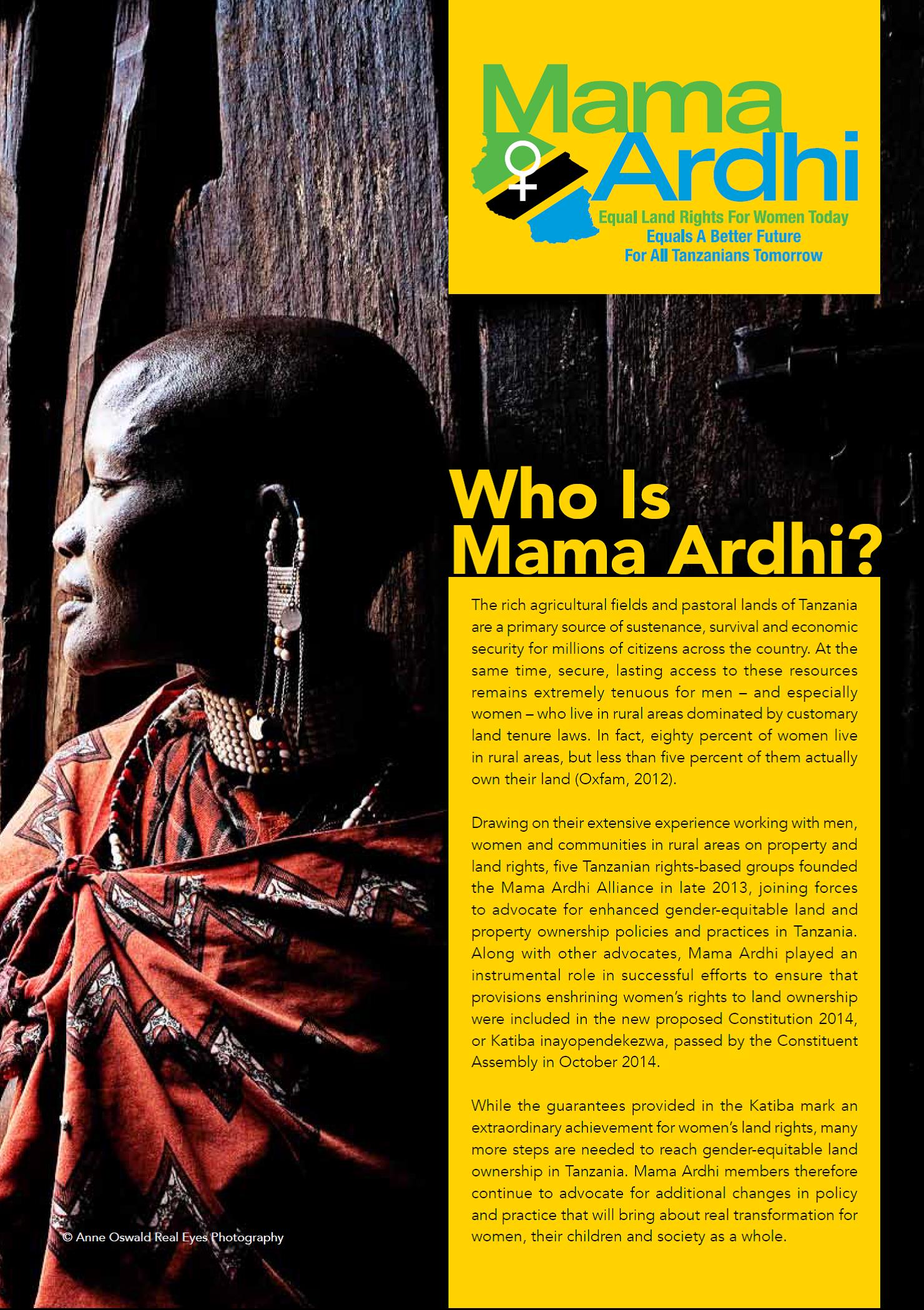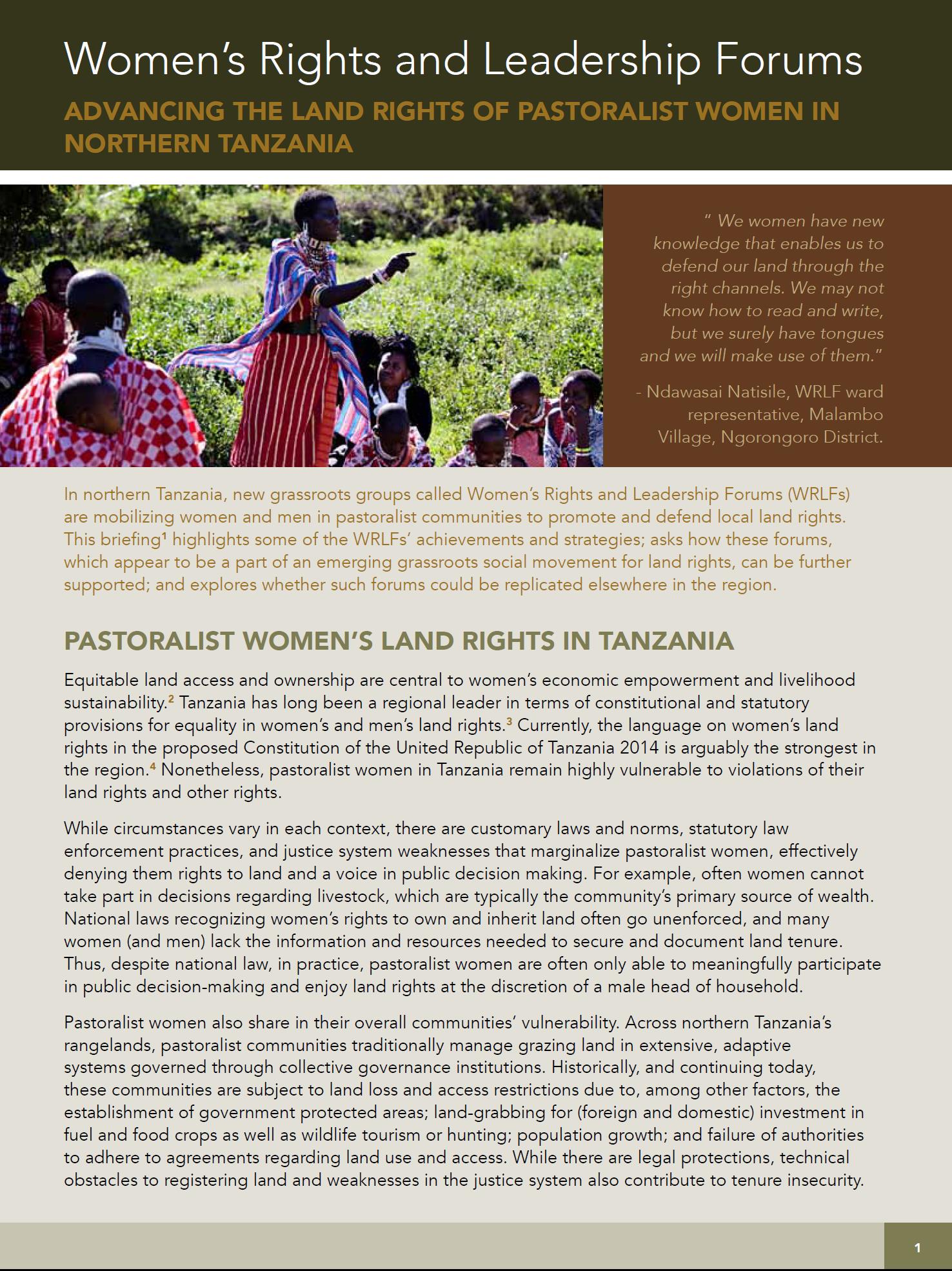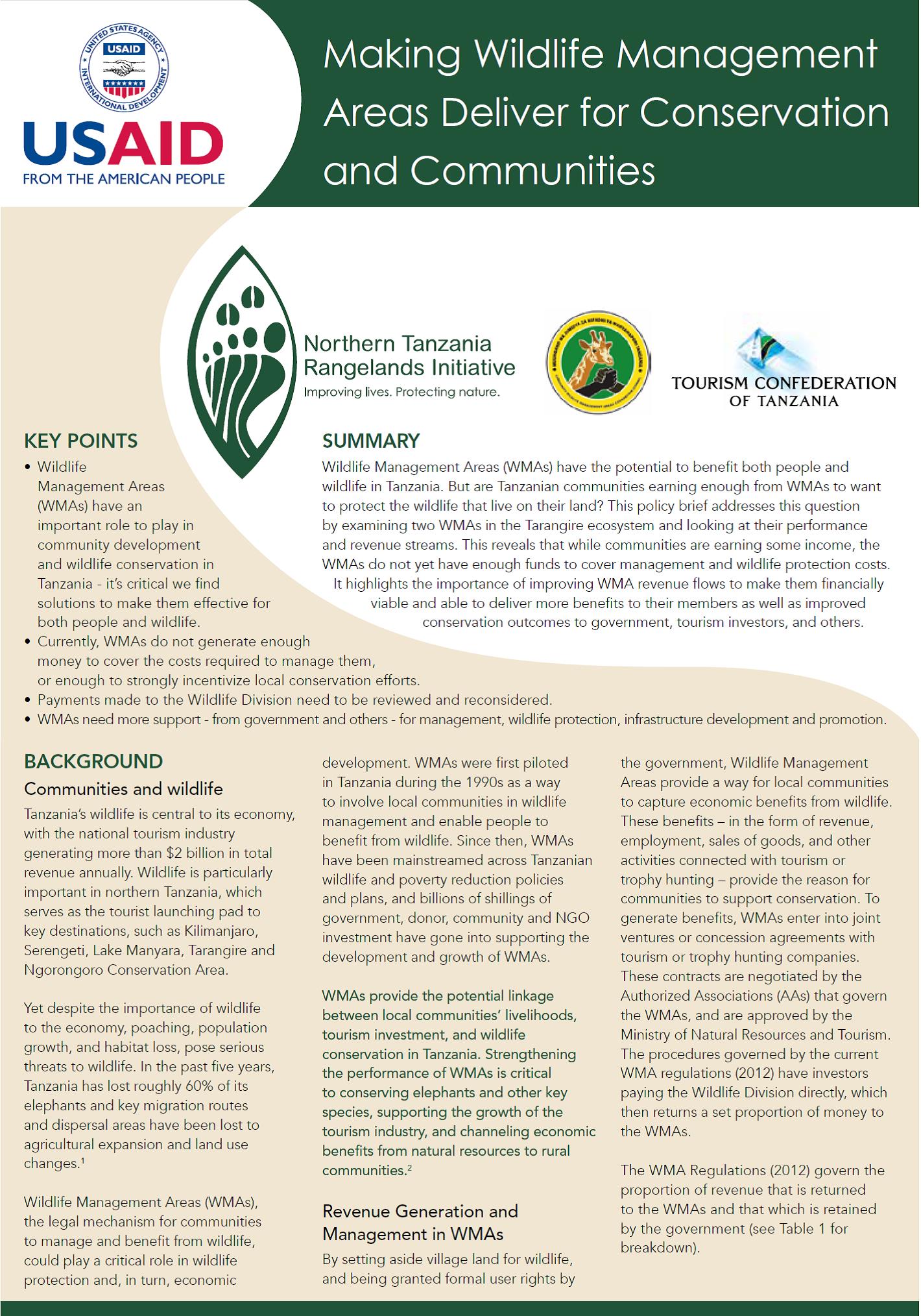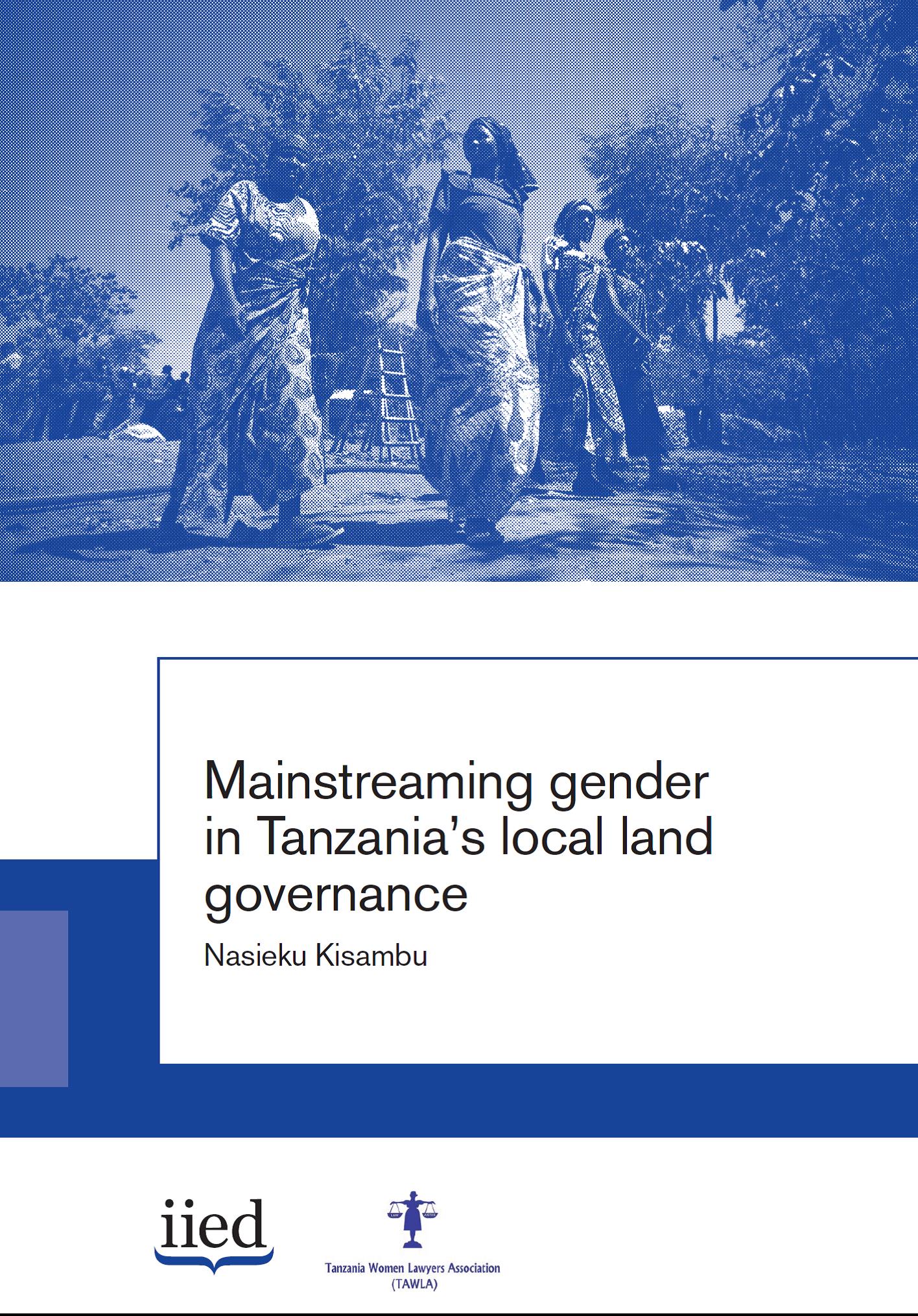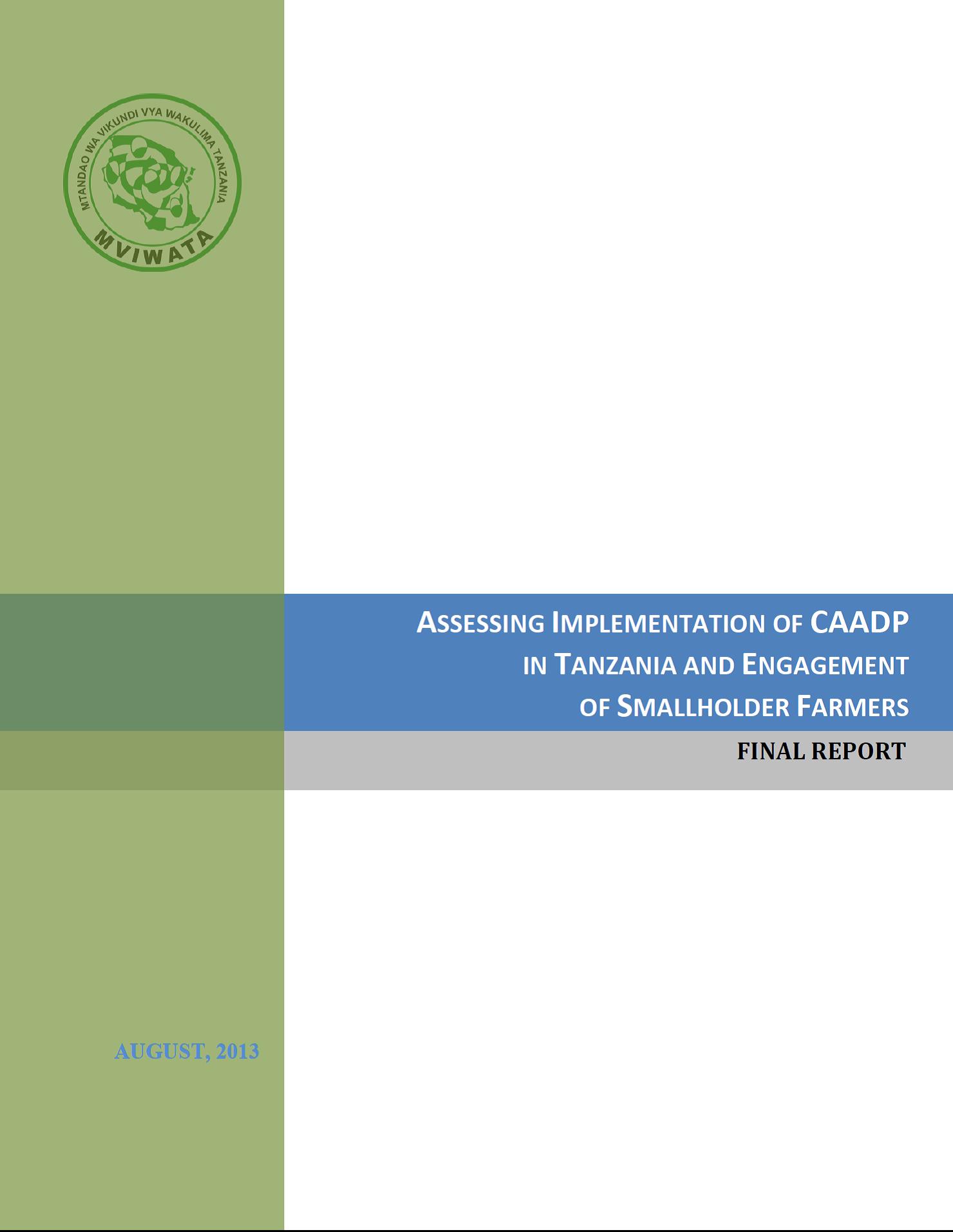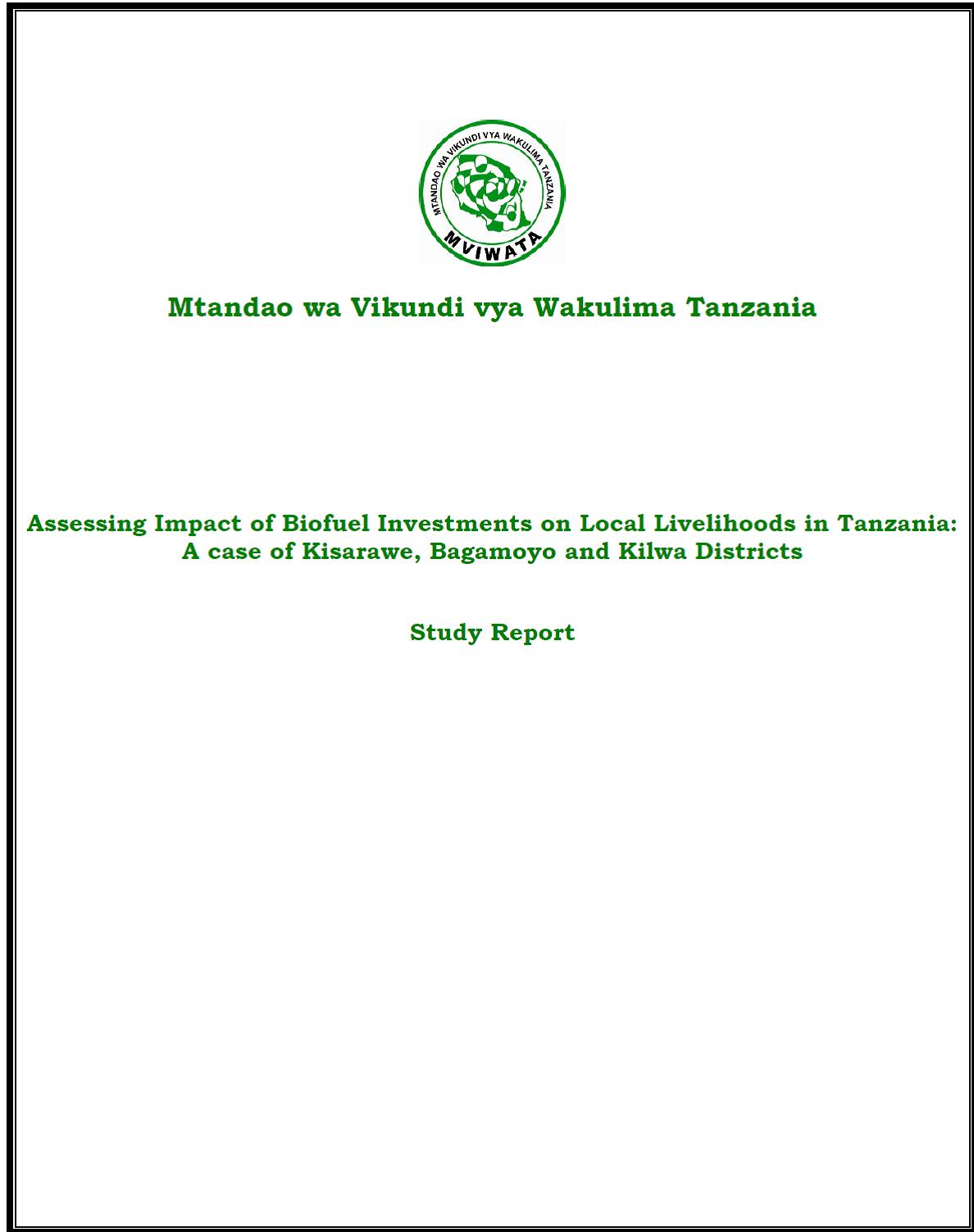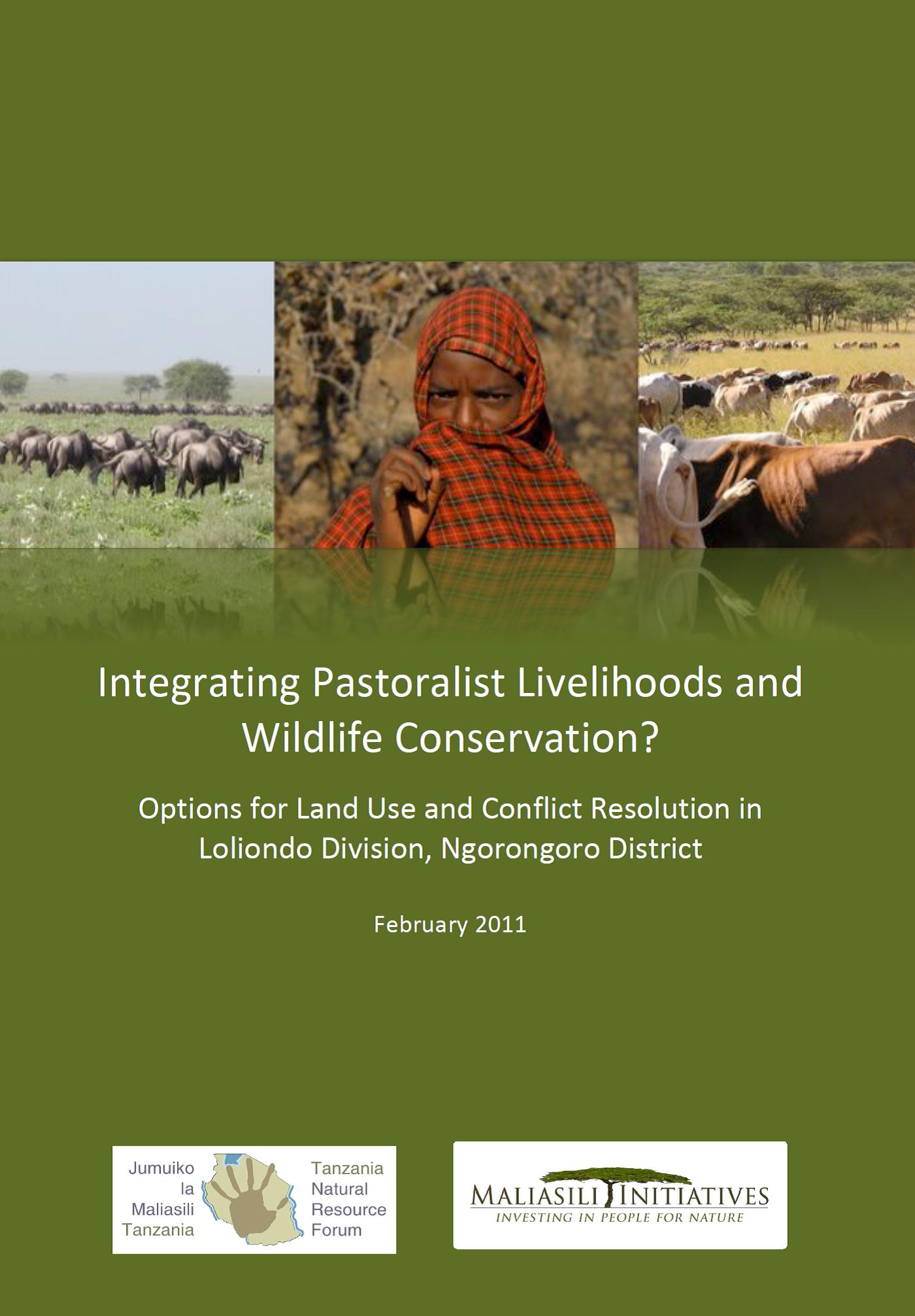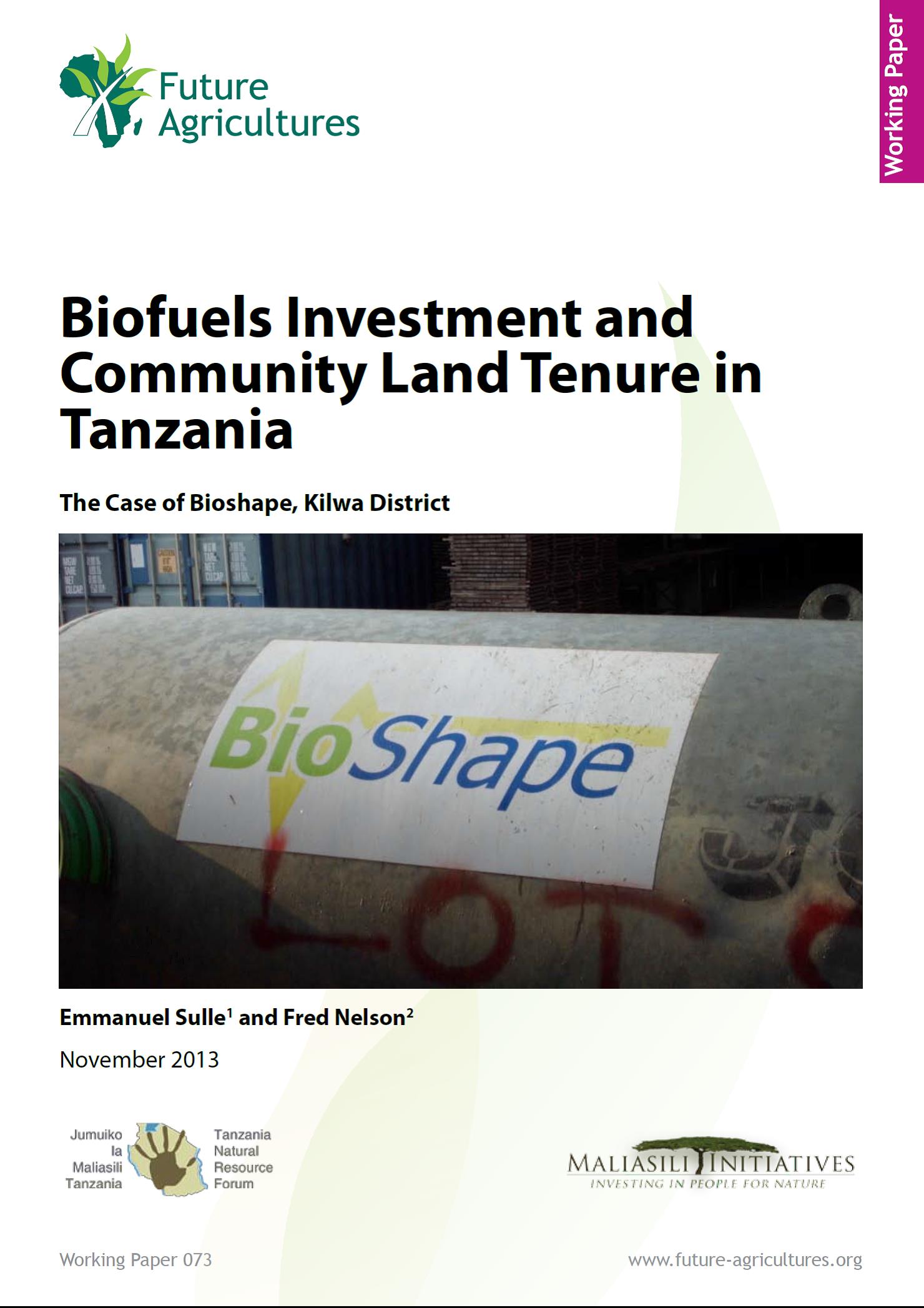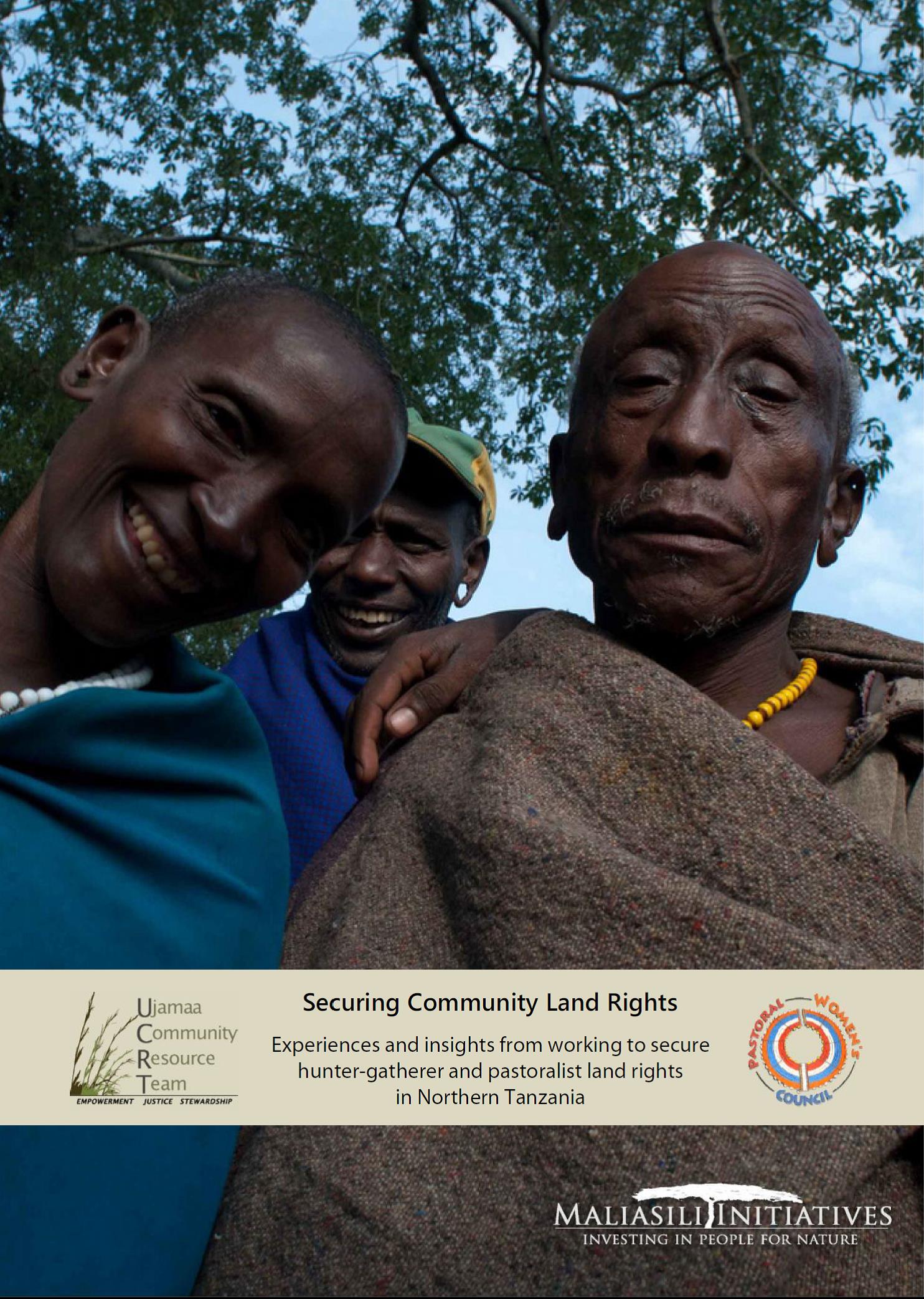Who Is Mama Ardhi?
While the guarantees provided in the Katiba mark an extraordinary achievement for women’s land rights, many more steps are needed to reach gender-equitable land ownership in Tanzania. Mama Ardhi members therefore continue to advocate for additional changes in policy and practice that will bring about real transformation for women, their children and society as a whole.

